A POA is a legal document that grants one person, known as the agent or attorney-in-fact, the authority to act on behalf of another person, known as the principal.
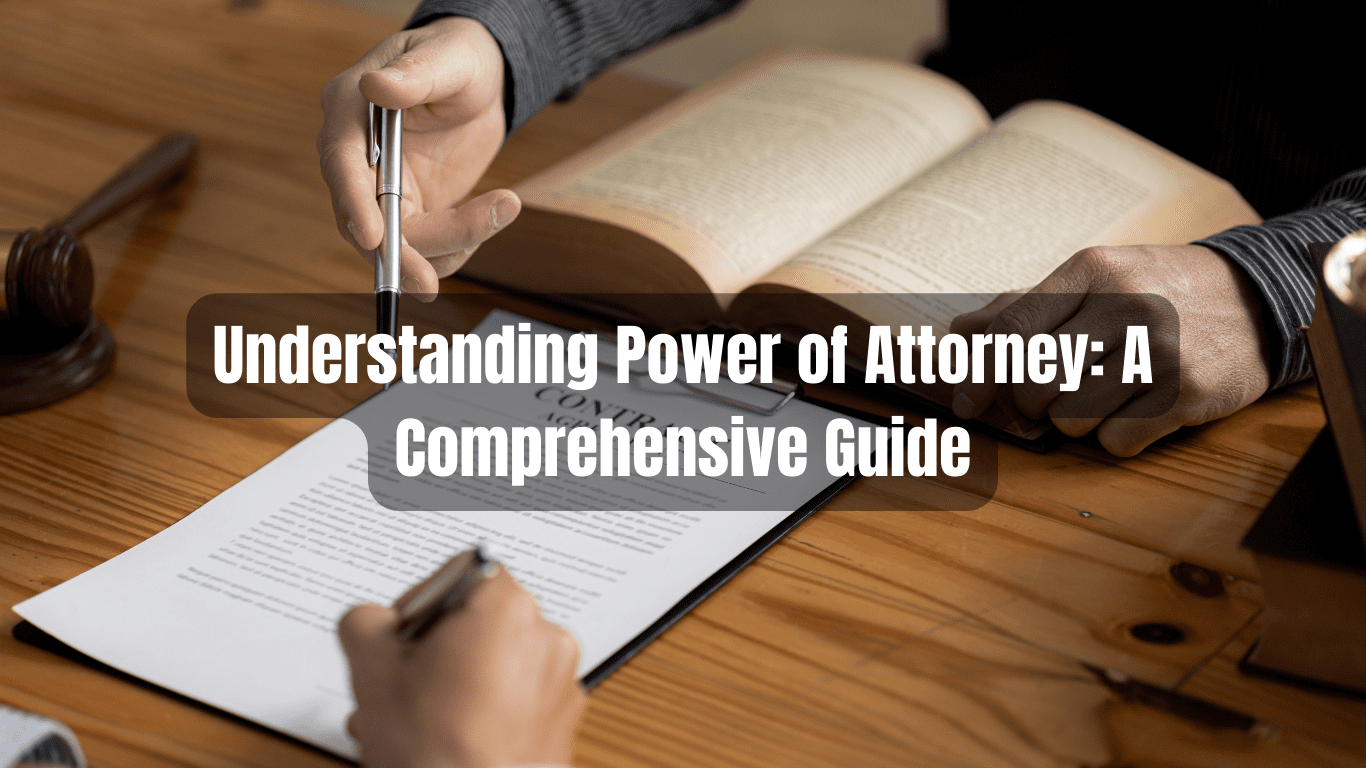
What is a Power of Attorney?
A Power of Attorney is a legal instrument that authorizes someone else to make decisions and act on your behalf. The scope and duration of this authority can vary, making it a highly flexible tool. The person granting the authority is called the principal, while the individual who receives the authority is known as the agent or attorney-in-fact.
A Power of Attorney in real estate is a legal document that grants an agent the authority to manage, buy, sell, or lease property on behalf of the principal (property owner). This authorization can be broad or limited to specific tasks, depending on the needs and wishes of the principal.
Types of Power of Attorney
General Power of Attorney
Scope: Grants broad powers to the agent to act on behalf of the principal in various matters, including financial and legal decisions.
Duration: Typically effective immediately and remains in effect until the principal revokes it or becomes incapacitated.
Durable Power of Attorney
Scope: Similar to a general POA but remains effective even if the principal becomes incapacitated.
Duration: Remains in effect until the principal's death or revocation.
Special or Limited Power of Attorney
Scope: Grants the agent authority to act in specific situations or for particular tasks, such as selling property or managing a particular financial account.
Duration: Limited to the duration of the specific task or event.
Springing Power of Attorney
Scope: Only takes effect upon the occurrence of a specified event, typically the incapacitation of the principal.
Duration: Effective only when the specified condition is met.
Medical Power of Attorney
Scope: Grants the agent authority to make healthcare decisions on behalf of the principal if they become incapacitated.
Duration: Remains in effect until the principal's death or revocation.
Benefits of a Power of Attorney
Financial Management
An agent can manage the principal's financial affairs, pay bills, handle banking, and manage investments, ensuring financial stability during the principal's incapacitation.
Healthcare Decisions
With a medical POA, the agent can make critical healthcare decisions, ensuring that the principal's medical preferences are respected.
Business Continuity
For business owners, a POA can ensure that business operations continue smoothly in their absence.
Legal Representation
An agent can represent the principal in legal matters, ensuring that their legal interests are protected.
Convenience
A POA can be used for convenience, allowing the agent to handle specific tasks like signing documents or attending meetings on behalf of the principal.
How can I establish a Power of Attorney for real estate?
Choose the Right Agent
Select a trustworthy and competent individual with knowledge of real estate matters. This could be a family member, trusted friend, or a professional such as a real estate agent or attorney.
Determine the Scope of Authority
Decide whether you need a general, special, or durable POA based on your specific needs and circumstances. Clearly define the tasks and limitations in the document.
Draft the POA Document
Work with a lawyer to draft a comprehensive POA document that complies with state laws and covers all necessary aspects, including the scope of authority, duration, and any specific instructions.
Sign and Notarize the Document
Have the POA document signed in the presence of a notary public. Some jurisdictions may also require witnesses to ensure its legality and enforceability.
Distribute Copies
Provide copies of the POA document to relevant parties, including the agent, real estate professionals, financial institutions, and any other involved entities.
Review and Update Regularly
Regularly review the POA to ensure it remains relevant and effective. Update it as necessary, especially after significant life changes or transactions.
Practical Examples of POA in Real Estate
Buying Property
If the principal is unable to attend the closing of a property purchase, the agent can sign all necessary documents, complete the transaction, and take possession of the property on behalf of the principal.
Selling Property
An agent can handle the sale of a property, including listing it on the market, negotiating with buyers, and signing the sales agreement, ensuring the transaction proceeds smoothly without the principal's presence.
Property Management
For rental properties, an agent can manage day-to-day operations, such as collecting rent, handling maintenance issues, and negotiating lease agreements, ensuring the property is well-maintained and profitable.
Handling Emergencies
In case of emergencies, such as urgent repairs or legal issues, an agent with a POA can act swiftly to protect the principal’s interests and manage the situation effectively.
Conclusion
A Power of Attorney is a powerful tool that provides peace of mind by ensuring that your affairs are managed according to your wishes, even if you are unable to do so yourself. Whether it's managing finances, making healthcare decisions, or ensuring business continuity, a POA can be tailored to meet your specific needs. By understanding the different types of POAs and carefully selecting a trusted agent, you can protect your interests and those of your loved ones.
Frequently Asked Questions (FAQs)
What are the consequences of not having a Power of Attorney?
If you become incapacitated without a POA, the court may appoint a guardian or conservator to make decisions on your behalf, which can be time-consuming and costly.
Is it possible to have multiple Powers of Attorney?
Yes, you can have multiple POAs for different purposes. For instance, you can have a financial POA and a separate medical POA.
Can a Power of Attorney be revoked?
Yes, as long as you are mentally competent, you can revoke a POA at any time by notifying your agent in writing and retrieving all copies of the document.
Does a Power of Attorney override a will?
No, a POA is only effective during your lifetime. A will takes effect after your death and dictates how your assets are distributed.
Is legal representation necessary for drafting a Power of Attorney?
While you can create a POA without a lawyer using templates, consulting a lawyer is advisable to ensure the document is legally sound and meets your specific needs.
What are the limitations of a Power of Attorney?
An agent cannot make decisions or take actions that are against the law, and they must act in the best interest of the principal. Additionally, a POA does not grant authority to make decisions after the principal's death.
At CCS, we're dedicated to helping you buy your dream home and ensuring a seamless experience. Whether you're navigating the complexities of legal documents like a Power of Attorney or exploring real estate opportunities, we're here to support you every step of the way. Contact us today to learn more about how we can assist you in achieving your homeownership goals.






















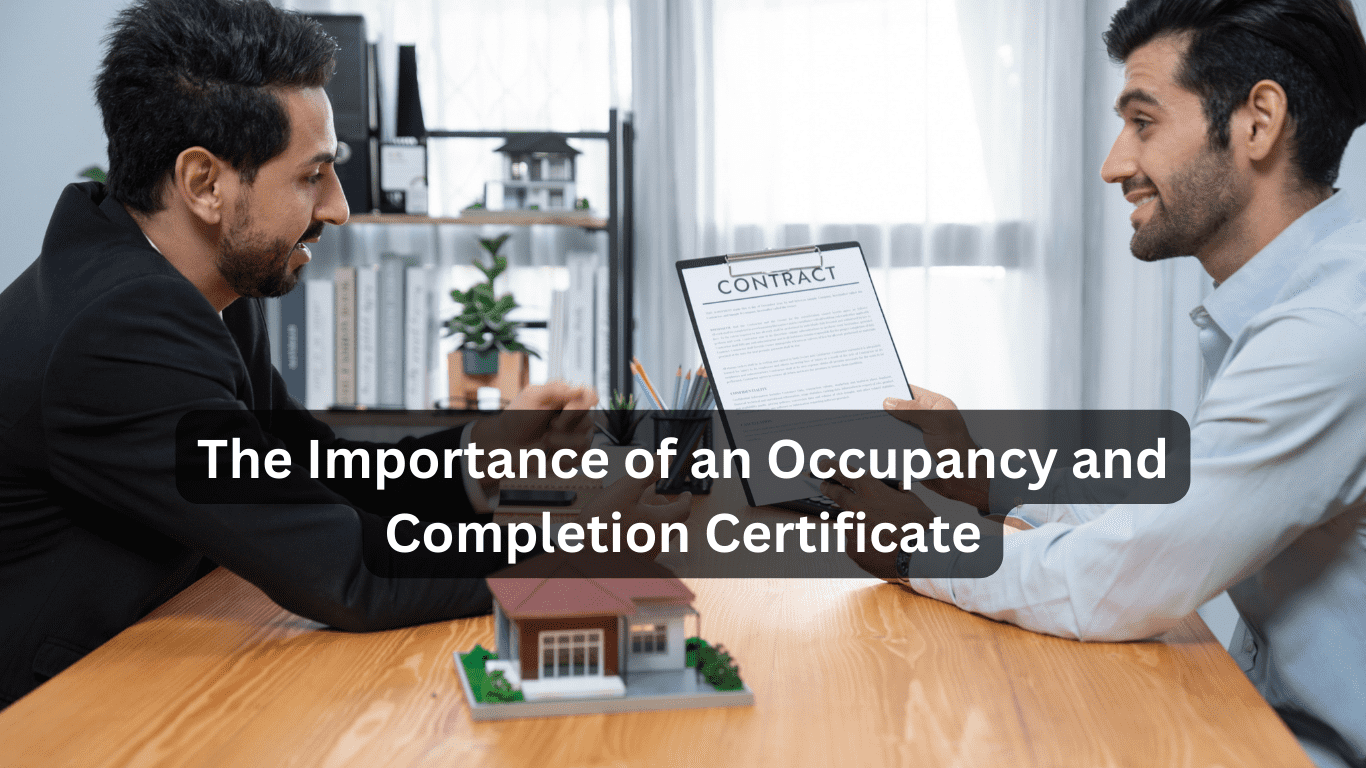


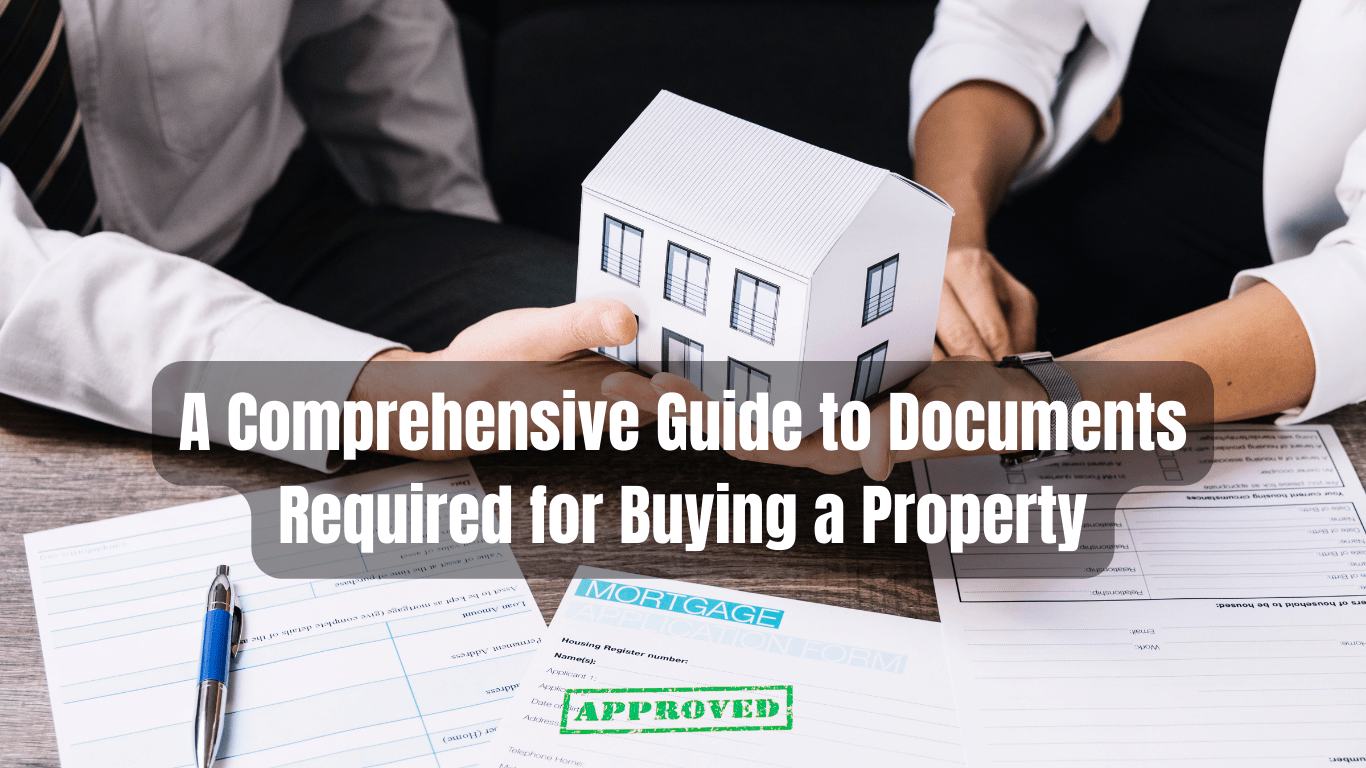

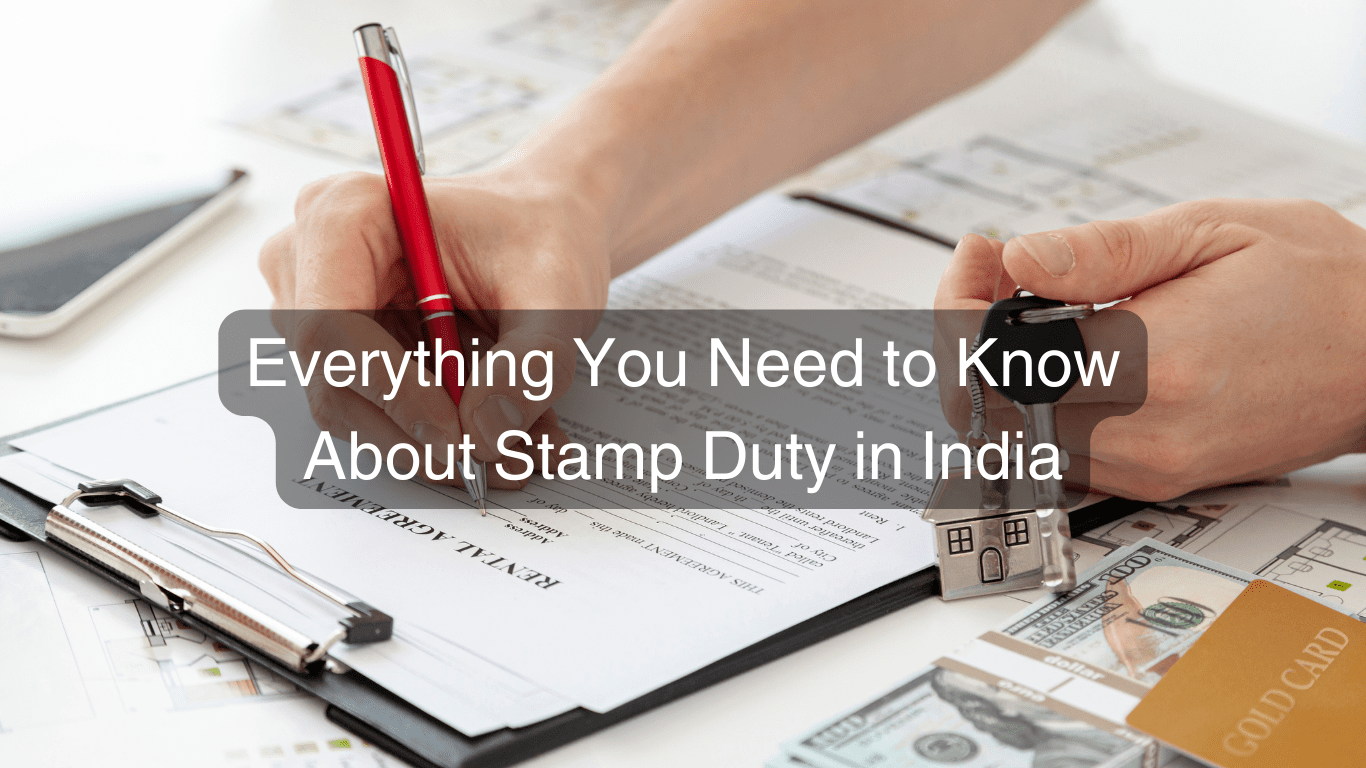



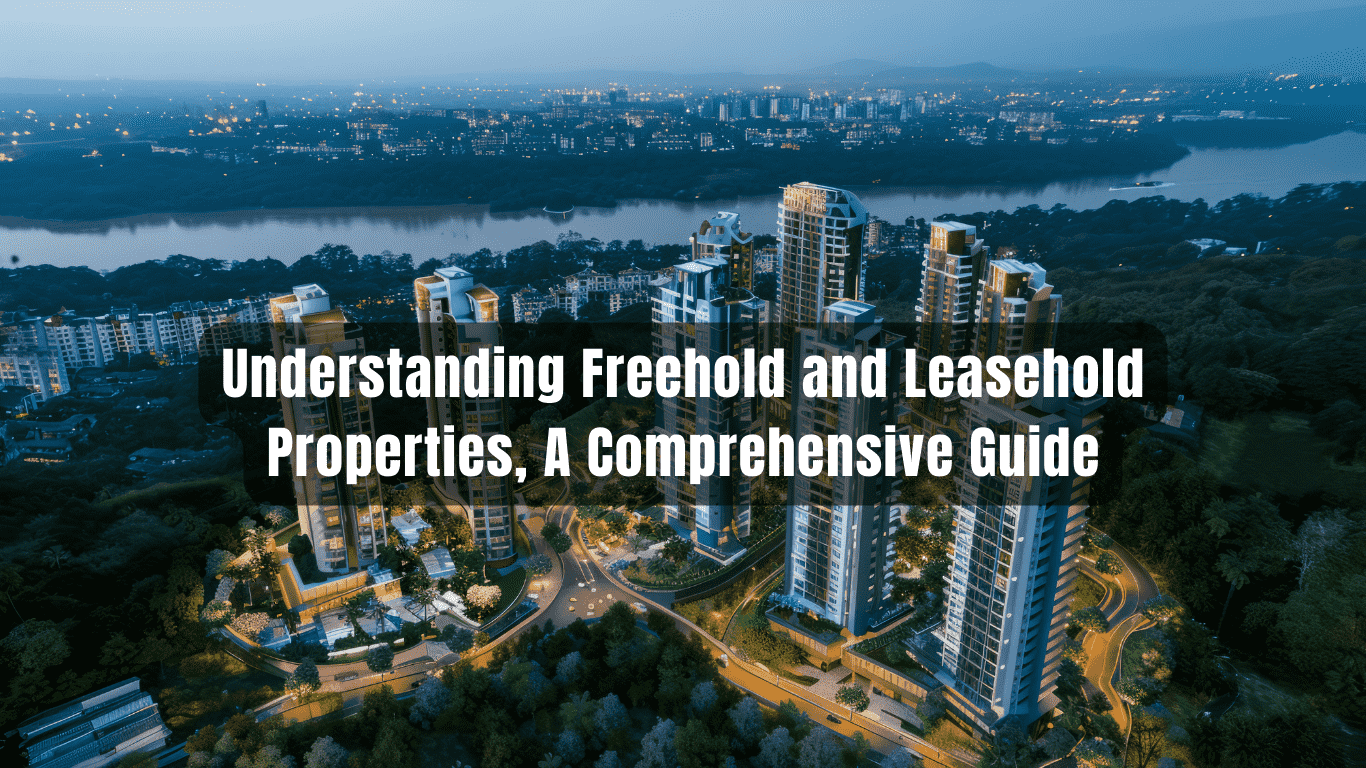


.png)
-min.png)
-min.png)
-min.png)
-min.png)







.png)









